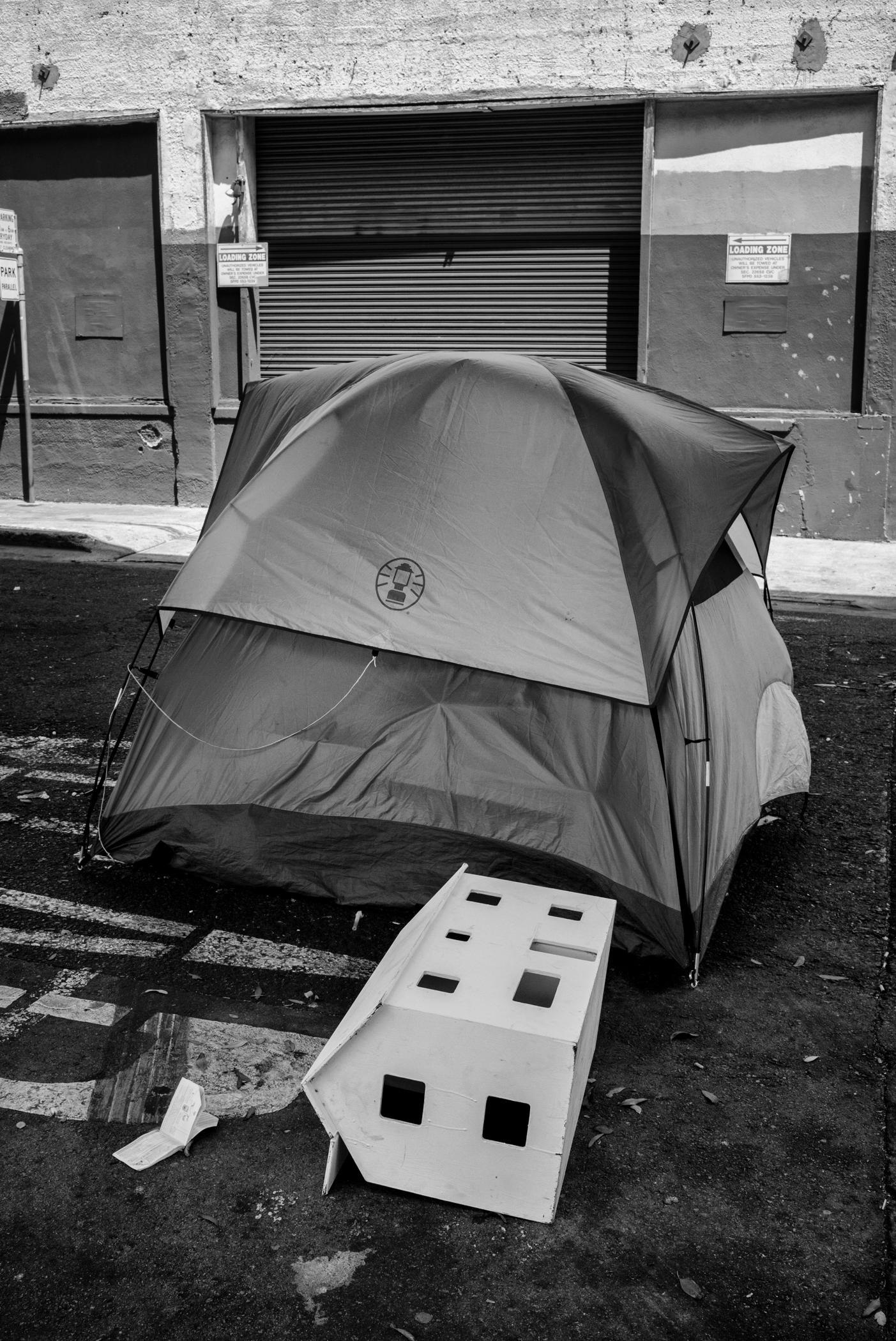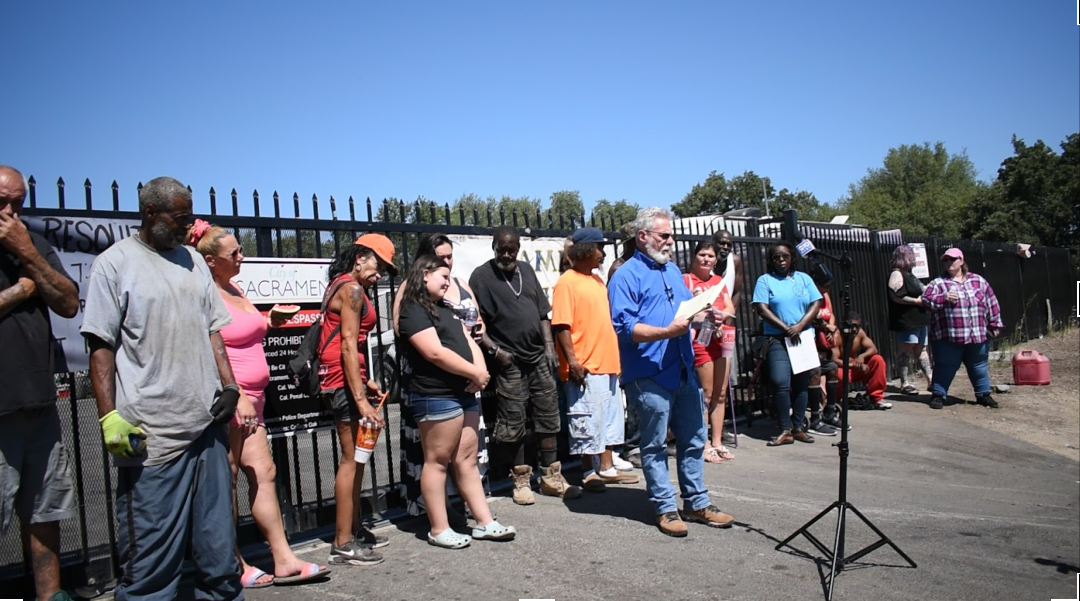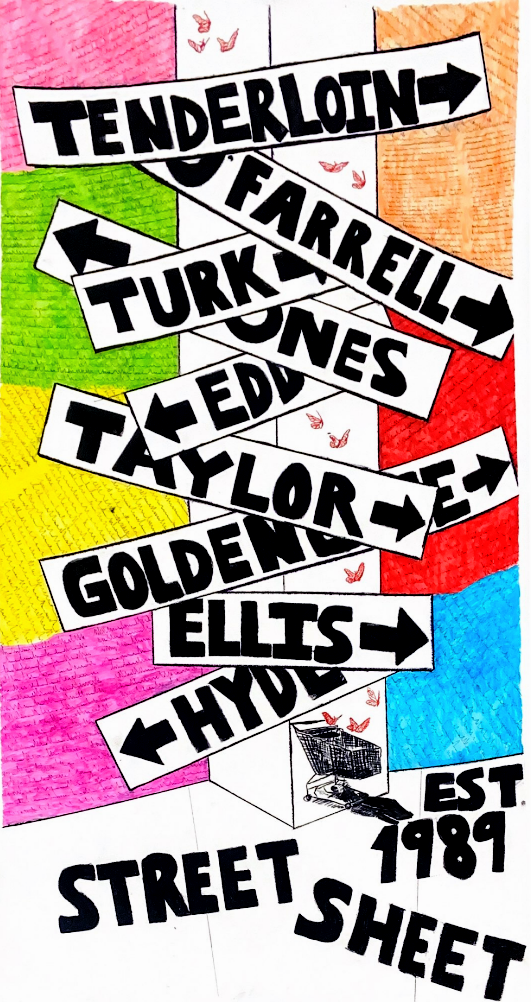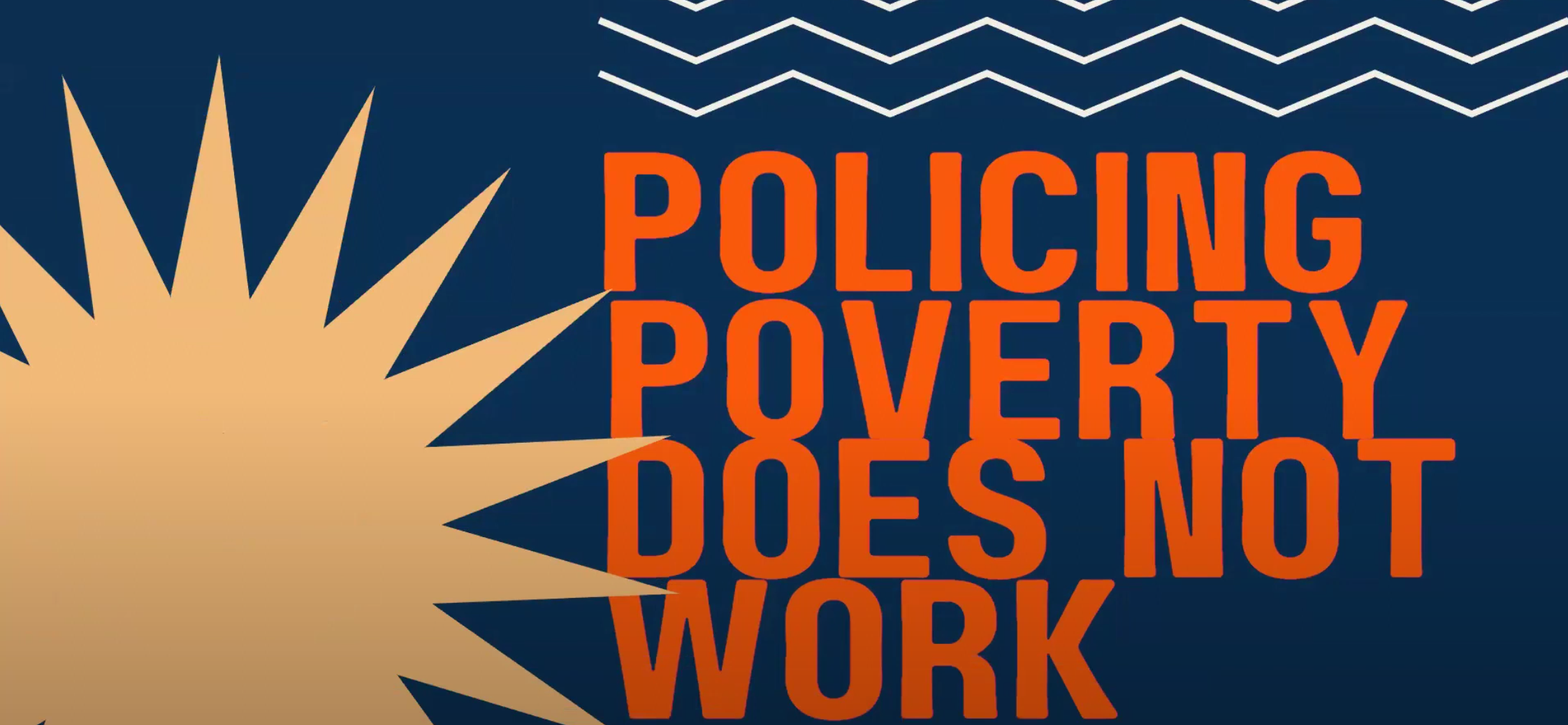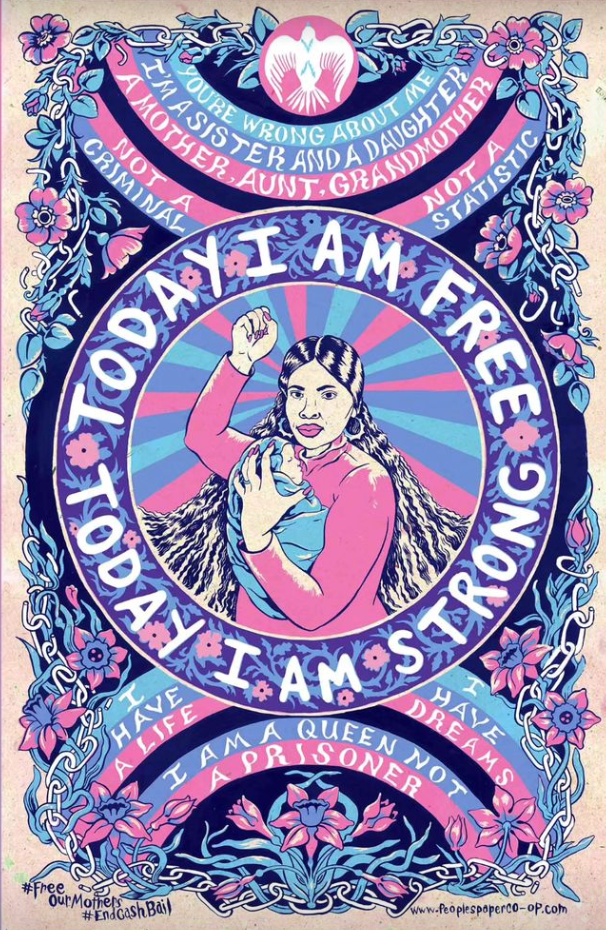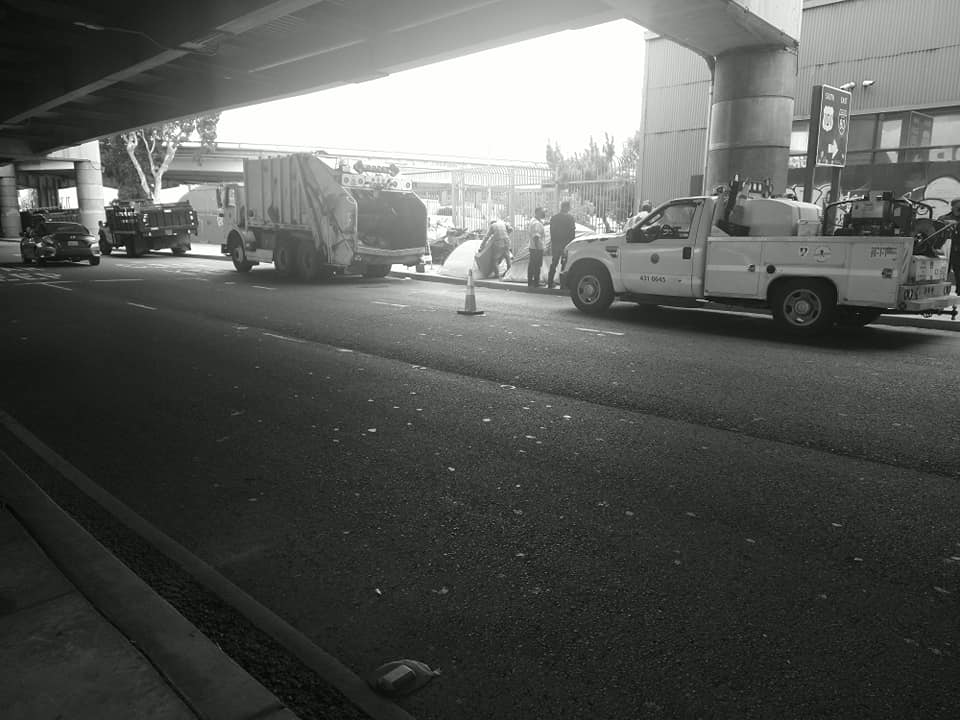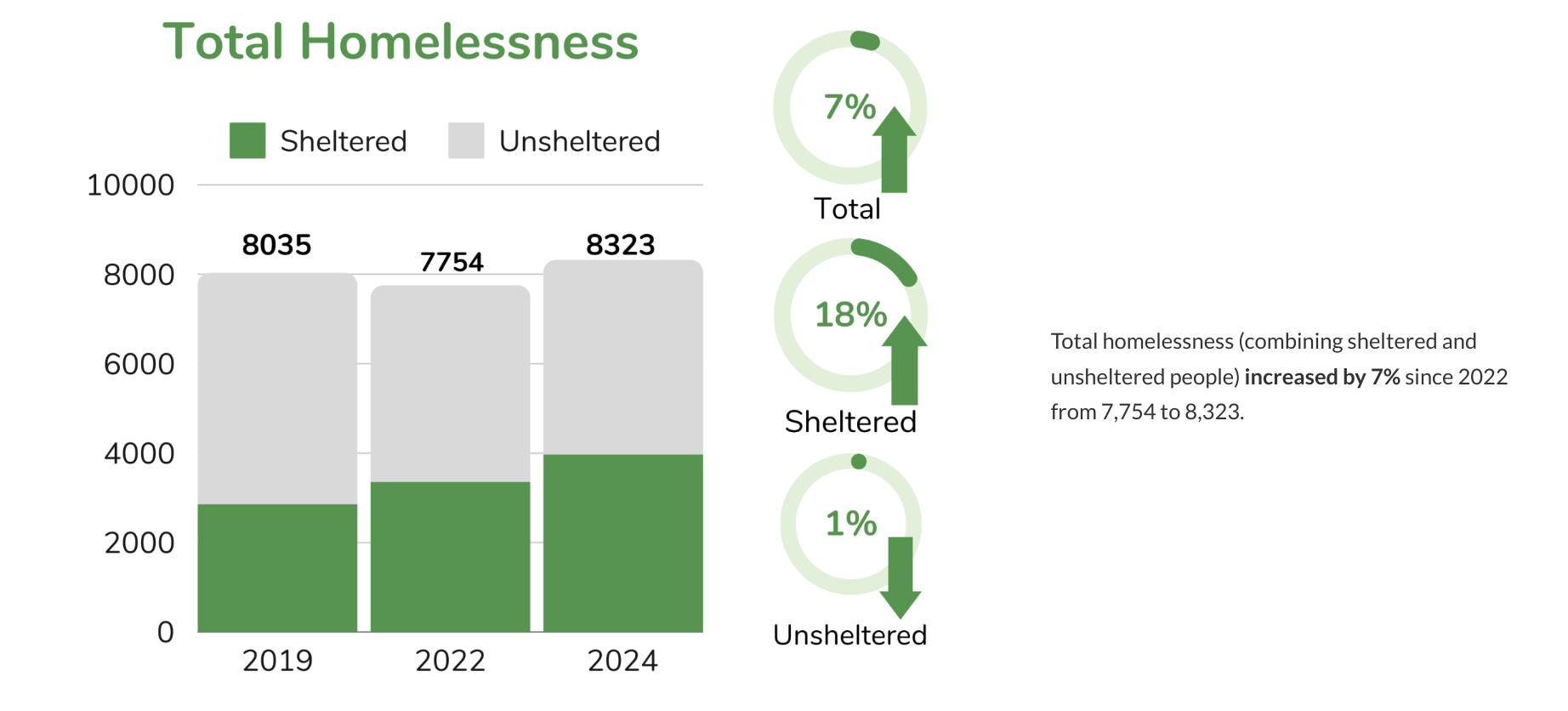Arresting and ticketing people for sleeping outdoors, even when no shelter is available, is not unconstitutional, the U.S. Supreme Court ruled on June 28.
In doing so, the court’s conservative majority overturned previous decisions maintaining that Martin v. Boise, a case that removed such criminal penalties for acts of homelessness in the absence of shelter and protected unhoused people’s constitutional rights against cruel and unusual punishment.
So does that mean the arguments made by the Coalition on Homelessness and seven unhoused plaintiffs in their lawsuit against the City and County of San Francisco are gone,

